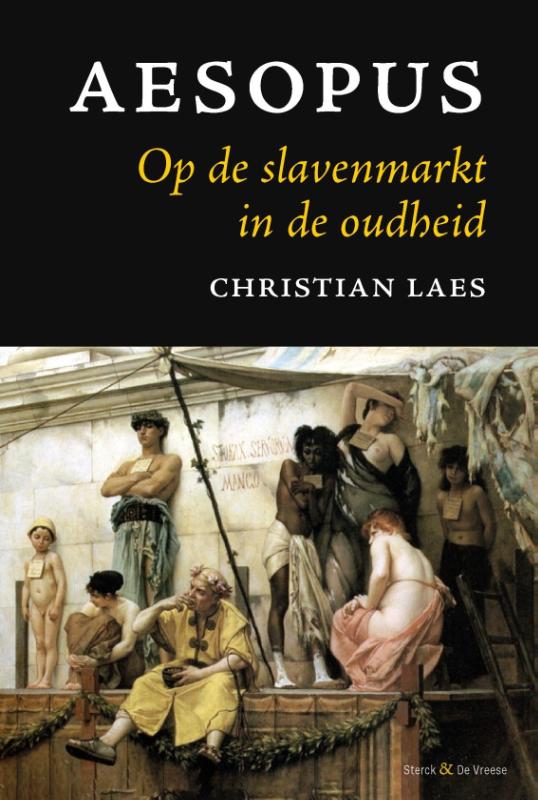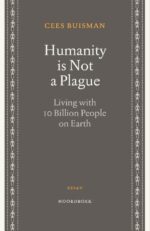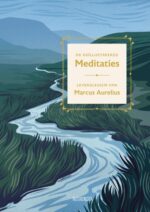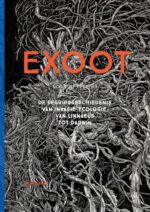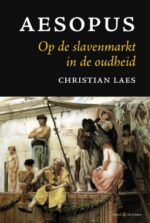Aesopus
€ 27,50
Het merkwaardige leven van Aesopus is een schalkse schelmenroman uit de eerste of tweede eeuw n. Chr. over het leven van een Griekse slaaf, antiheld en fabelschrijver. Deze tekst behoort tot de meest bijzondere en sprankelende producten van de Oudgriekse literatuur, maar bleef tot nu grotendeels onbekend.
Aesopus neemt de lezer mee naar het dagelijks leven in zijn tijd. Er komen slaven aan het woord die zich beklagen over hun lot en creatief op zoek gaan naar manieren om een beter bestaan te kunnen leiden. Lijf en lust, lichamelijkheid en seks, zijn ook opvallende thema’s, net als voeding en culinaire genoegens. Intellectuelen en hun eigendunk passeren ongegeneerd de revue. De man-vrouwrelatie in een vooraanstaand huishouden mag in deze satire natuurlijk niet ontbreken.
Christian Laes brengt als eerste een Nederlandse vertaling, voorzien van belangrijke annotaties. Een les in mentaliteitsgeschiedenis die boeit en beklijft.
Christian Laes, classicus en oudhistoricus, is gewoon hoogleraar Oude Geschiedenis aan de Universiteit van Manchester en tevens verbonden aan de Universiteit Antwerpen.
Gerelateerde boeken
-
Humanity is Not a Plague
€ 19,90In ‘Humanity is Not a Plague’, Cees Buisman argues that it is possible for 10 billion people to exist together on this Earth – as predicted for the year 2100 – provided that the richer part of the world no longer merely focuses on its own health, prosperity and happiness, and instead starts working seriously on developing a higher consciousness.
In this essay, Buisman sharply analyzes some of the problems facing mankind, such as fresh water shortages, whilst overturning several clichés and offering unexpected, positive solutions. Overpopulation is not the problem; the effects of our actions on the rest of the world have a much greater impact. ‘Back to nature’ is not the solution, nor is an overreliance on science and innovation. Large-scale technologies could even increase our problems. It seems that the growth of humanity will depend on the growth of our consciousness.
Cees Buisman studied water purification engineering, in addition to business administration, communication theory and applied integral psychology. Throughout his life he has worked on new environmental technologies, which are used in industry all over the world. His scientific work is highly cited. Buisman is the Director of Wetsus – European Center for Sustainable Water Technology, and Professor at Wageningen University, in the Netherlands.
-
-
-
